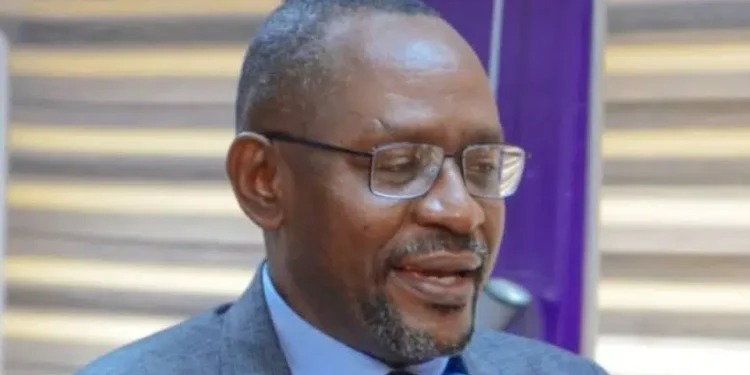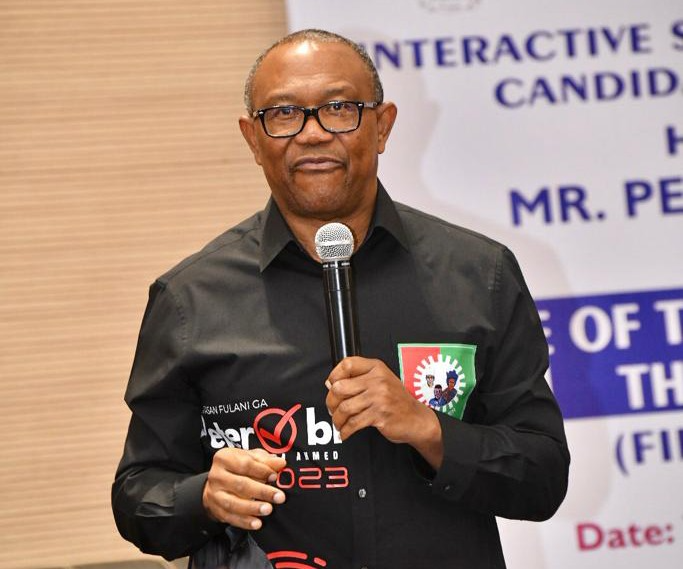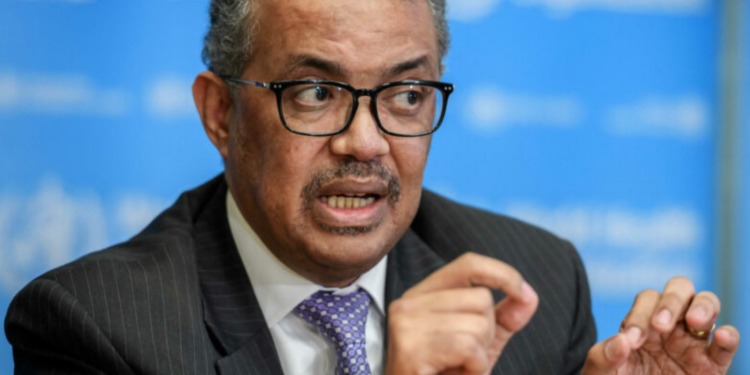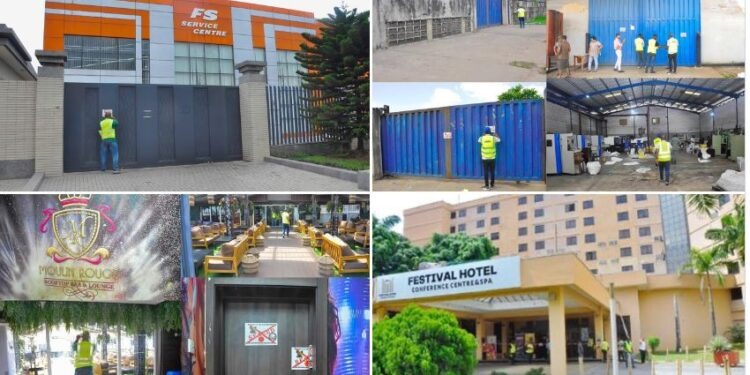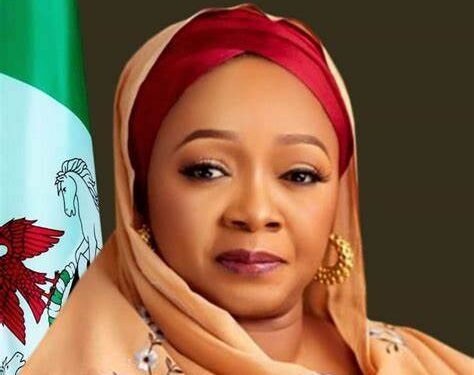The Presidential candidate of the Labour Party (LP), Peter Obi has restated his commitment to a united, secure, and working Nigeria if allowed to pilot the affairs of the country in 2023.
Obi, during a live broadcast to commemorate Nigeria’s 53-year re-unification after the civil war said that he remains resolute that a new Nigeria that everyone will be proud of and patriotically committed to is possible, and is a task that must be achieved.
According to him, anyone who still harbors an agenda different from the realization of a wholesome and unifying people-oriented development vision is doing a terrible disservice to this generation and Nigerians yet unborn, adding that he cannot think of any valid reason, except for the deficit of sound socio-economic and political policies and programs that will unite and propel Nigeria forward.
In his words: “15th January, a very special and unique day in 2023 as it was 53 years ago! 40 days from today, Nigerians will be voting in an election that many regard as the most crucial and existential decision we have to make as a nation, and particularly for our children and youths, given the sad state of our dear nation, Nigeria: alarming insecurity, unemployment, poverty, inflation, debt, hunger, disunity, hopelessness and many other indices of a failing state.
“It was also on 15th January, 53 years ago, a very special red-letter day for Nigeria that the booming of guns and other paraphernalia of battle were formally silenced in the thirty-month civil war in which millions of lives were regrettably lost and an unquantifiable number of properties destroyed!
“It was stated: ‘To keep Nigerian one is a task that must be done’ and ‘No victor, no vanquished’. It is this task of keeping Nigeria one in the spirit of no Victor, no Vanquished that has provided the platform for the commitment of both mental and physical energy to the arduous but noble task of building one strong, united ad indivisible Nigeria.
“As such, the overriding task we should all be committed to, as stated above, is Securing and Uniting Nigeria for Sustainable and Inclusive Development, particularly for our children and youths. While we regret the immense losses from the war, pray for the repose of souls of the departed, and thank God that it ended, we all must join hands with utmost sincerity and commitment to prevent any serious violence in Nigeria, let alone another civil war! Never again!
“This task of Securing and Uniting Nigeria should be our only option and we all can agree that the leaders and people of different sections of Nigeria have done admirably well, particularly in the years immediately after the war. Within less than ten years after the end of that civil war, a committed personality from the defunct Biafra, Dr. Alex Ekwueme, was the Number Two Man to a most patriotic, humble servant-leader, Alhaji Shehu Shangri, who was Number One.
“May their Souls continue to rest in peace! Our dear Shehu Shagari and Alex Ekwueme -both of blessed memories – became a strong and veritable expression of the unity and togetherness that engendered a vibrant post-war Nigeria. This democratic leap with its unifying symbolism was glorious for Nigeria, and I deeply cherish such path of brotherhood and onenesses established by Shagari/Ekwueme and truly believe that it is this path of inclusiveness and togetherness as one Nigeria we should follow today.
“From what I know of the South-East, the Igbo Nation, led by Ohaneze, has at every opportunity been unequivocal about its commitment to the unity, oneness, integrity, and progress of Nigeria, based on equity, justice, and an inclusive society. And I, Peter Obi, a proud Nigerian of Igbo extraction, I am most truthfully and wholly committed to that stand of One United, Secure and Progressive Nigeria!”
The two-time former Governor of Anambra State pointed out that there are youths all over Nigeria who are frustrated because of injustice, poverty, lack of opportunities, unemployment, and apparent exclusion, stating that such youths could seize upon and use anything issue or tool to express their frustration and anger.
Obi, who highlighted that some of those agitating are doing so partly due to the failure of leaders in creating an inclusive and progressive Nigeria, pledged to make sure that the civil war and the circumstances that led to it do not re-occur; and to ensure the building of an all-inclusive and progressive society where no individual or group will be estranged, marginalised, or excluded.
According to him, a working Nigeria with equity, justice and fairness will also definitely and effectively checkmate such extreme groups like Boko Haram and ISWAP.
“I personally believe that the best strategy for dealing with these situations manifesting in the guise of unclear nationalism, bigoted patriotism and religious bigotry is a carrot and stick approach. Nation building and an Ordered Society are now imperative.
“We must wean those that can be weaned through the creation of a society where equity and justice will prevail, a society where the basic freedoms and necessities of life, such as health, jobs, skills, and empowerment are provided. There must be a national programme for those who will accept the carrot approach. For those unwilling to yield to the carrot approach, the stick option will be fully justified and applied. We must put order in our society and where necessary, justice will be tempered with mercy.
“I believe that various agitation groups will stop their agitations when they see a patriotic leadership imbued with fairness, equity, justice, and a determination for a very inclusive and progressive society. Every rational human being can change when he sees a good reason to do so. Such incentives require the right approach, effort, and time.
“It is also unfair to use the misconduct or position of one person or few persons in an ethnic group to stigmatize the entire group. It is a wrong approach and should not be so! I have repeatedly said that I will sit down and discuss with all agitators, believing that we must continue to talk and negotiate with all to achieve positive results. Let us accept that the war has truly ended. To try to continue to ‘fight the civil war’ today, after fifty-three years, would be a great disservice to Nigeria and Nigerians, particularly our heroes who diligently Laboured to secure and unite us. Let our rallying anthem remain: ‘Though tribes and tongue may differ, in brotherhood we stand’
“Today, 133 million Nigerians live in multi-dimensional poverty, 20 million children are out of school, we have near 40% unemployment, with about 60%unemployed youths who do not know where the next meal will come from; our young people in their productive years are doing nothing, our primary healthcare system has collapsed, we have overtaken India in infant mortality despite their being seven times our population. Our youths’ drug abuse prevalence is the highest in the world. We are now globally treated like second class citizens; with Nigerians being refused entry into countries we were far better than a few years ago.
“These are things that should concern us today; these are things I want us to come together as a family and as a great nation to commence reversing, irrespective of our tribe and religion. That is the Nigeria for which I wish to be the Team Leader, where everybody will be included, no matter where he or she comes from or what his or her beliefs are”.
Obi explained that there are critical junctures and times in which every nation must seize the moment to define or redefine its history, noting that for Nigeria, that moment is now.
“A new Nigeria is possible; a nation bound in freedom, peace, unity, justice and prosperity is realizable! Let us all join hands in love and brotherhood to build, with God of our creation guiding our noble cause!”, he added.
Ismail Aniemu, Publisher of JournalNG and ghost writer, is a maritime journalist of over two decades’ of practice with multidisciplinary background. He holds a masters degree in Transport Management from Ladoke Akintola University of Technology(LAUTECH) with bias for logistics. He is also an alumnus of the Times Journalism Institute where he obtained a post graduate diploma in Journalism


